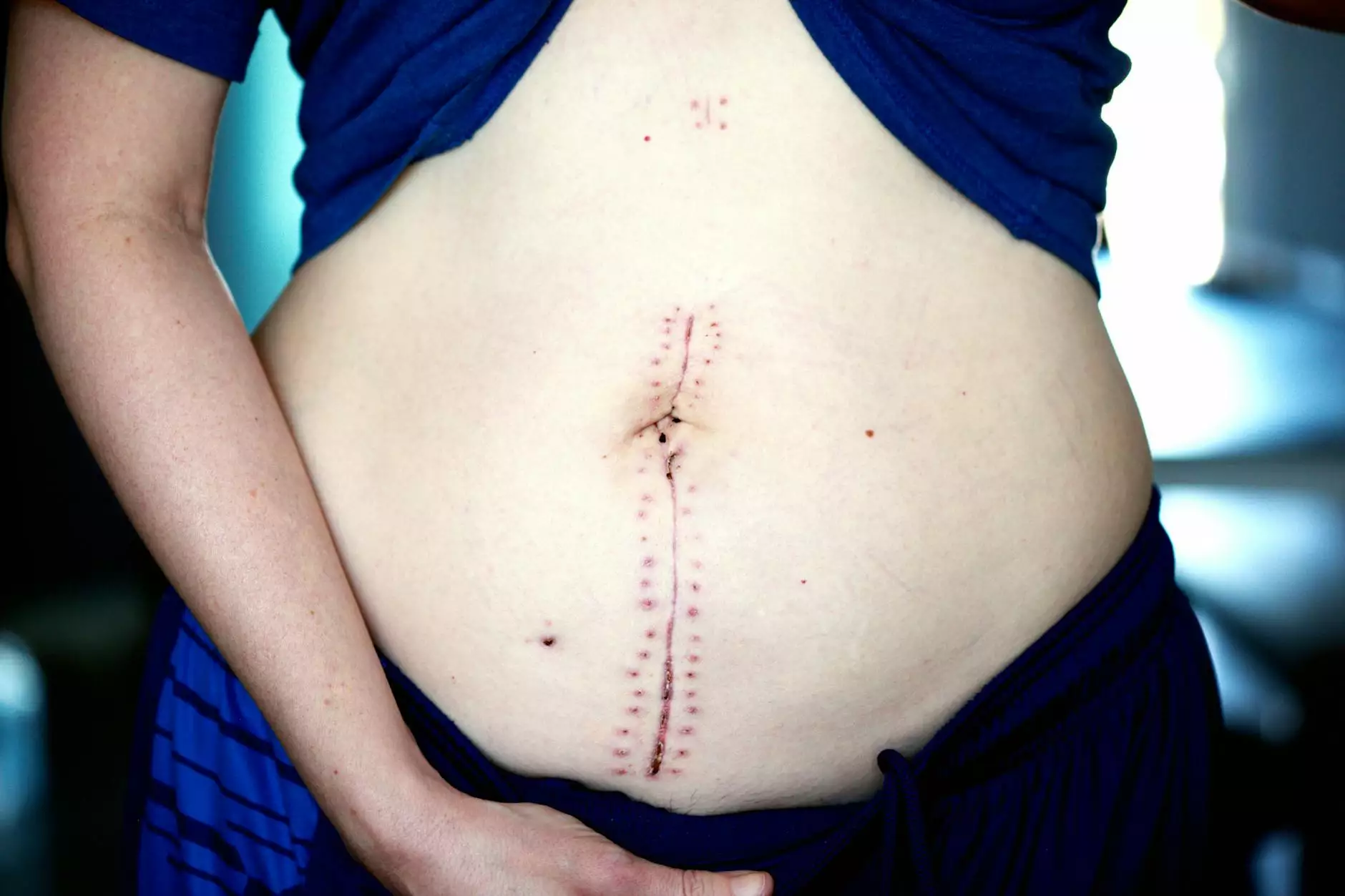Sleeve Gastrectomy Surgery: A Comprehensive Guide for Patients

What is Sleeve Gastrectomy Surgery?
Sleeve gastrectomy surgery is a popular bariatric surgery aimed at aiding significant and sustainable weight loss. The procedure involves removing a large portion of the stomach, leaving a sleeve-shaped pouch that holds less food. This transformative surgery significantly reduces stomach capacity and alters hormonal signals that control appetite.
The Importance of Sleeve Gastrectomy in Weight Management
In today's world, obesity is a growing concern affecting millions globally. Sleeve gastrectomy surgery has emerged as a highly effective solution for individuals struggling with obesity, especially those who have not found success through traditional weight loss methods. Here’s why this procedure is important:
- Significant Weight Loss: Patients can lose up to 60-70% of their excess weight within 12-18 months post-surgery.
- Reduced Risk of Obesity-Related Conditions: The surgery helps in managing conditions such as diabetes, hypertension, and sleep apnea.
- Improved Quality of Life: Many patients report enhanced physical mobility, better mental health, and improved social interactions post-surgery.
Who is a Candidate for Sleeve Gastrectomy Surgery?
Determining whether sleeve gastrectomy surgery is the right fit for you involves several criteria. Candidates typically include:
- Individuals with a Body Mass Index (BMI) of 40 or greater.
- People with a BMI of 35 or greater accompanied by weight-related health issues.
- Adults who have previously attempted weight loss through diet and exercise.
- Those who are committed to making lifestyle changes post-surgery.
How is Sleeve Gastrectomy Performed?
The sleeve gastrectomy surgery is typically performed using laparoscopic techniques, which are less invasive than traditional open surgery. Here are the steps involved:
- Anesthesia: Patients are given general anesthesia for the procedure.
- Laparoscopic Incisions: The surgeon makes several small incisions in the abdomen.
- Stomach Removal: Approximately 80% of the stomach is removed, creating a tubular pouch.
- Closure: The remaining stomach is closed with staples, and the incisions are sutured.
This minimally invasive approach leads to shorter recovery times and less postoperative pain compared to open surgery.
The Benefits of Sleeve Gastrectomy Surgery
Undergoing sleeve gastrectomy surgery can lead to numerous advantages, including:
- Rapid Weight Loss: Many patients experience quick, steady weight loss, leading to substantial improvements in health.
- Hunger Suppression: The removal of a large part of the stomach decreases hunger-inducing hormones.
- Improved Metabolic Health: Patients often see improvements in blood sugar levels, cholesterol levels, and blood pressure.
- Enhanced Emotional Well-Being: Many report improvements in mental health and self-esteem post-procedure.
Potential Risks and Complications
As with any surgical procedure, sleeve gastrectomy surgery comes with its share of risks. It's crucial to weigh these potential complications.
- Leakage: There is a risk of leaks at the staple line, which can lead to serious complications.
- Nutritional Deficiencies: Patients may need to take supplements to address potential vitamin deficiencies.
- Gastroesophageal Reflux Disease (GERD): Some patients may experience worsening reflux symptoms.
- Dumping Syndrome: A condition that can occur after eating, leading to symptoms like nausea and diarrhea.
Discussing all potential risks with your healthcare provider before surgery is fundamental to make an informed decision.
Post-Surgery Care and Lifestyle Changes
Following the sleeve gastrectomy surgery, patients need to adopt specific lifestyle changes for optimal results:
Dietary Adjustments
The first few weeks post-surgery require a transition from liquids to solids:
- Clear Liquid Phase: Usually lasts 1-2 weeks.
- Pureed Foods: After the liquid phase, soft and pureed foods are introduced.
- Solid Foods: Solid foods are gradually reintroduced after a month.
Regular Physical Activity
Engaging in regular exercise is crucial for sustaining weight loss. Aim for a combination of:
- Aerobic Activities: Such as walking, cycling, or swimming.
- Strength Training: To build muscle and boost metabolism.
Long-Term Outcomes of Sleeve Gastrectomy Surgery
Most patients who undergo sleeve gastrectomy surgery experience remarkable long-term benefits. Studies suggest that:
- Patients can maintain weight loss for 5-10 years post-surgery.
- Many experience sustained improvements in obesity-related health conditions.
- Quality of life typically improves significantly.
Consistency and commitment to lifestyle changes play a crucial role in long-term success.
Why Choose the Wellcome for Your Sleeve Gastrectomy Surgery?
The Wellcome is dedicated to providing personalized care to those considering sleeve gastrectomy surgery. Our experienced team of doctors specializes in bariatric surgeries, ensuring you receive comprehensive support throughout your journey.
Our medical centers offer state-of-the-art facilities, rigorous pre-operative assessments, and post-operative care to help you achieve your weight loss goals and improve your overall health.
Contact us today to learn more about how sleeve gastrectomy can be a life-changing decision for you.









